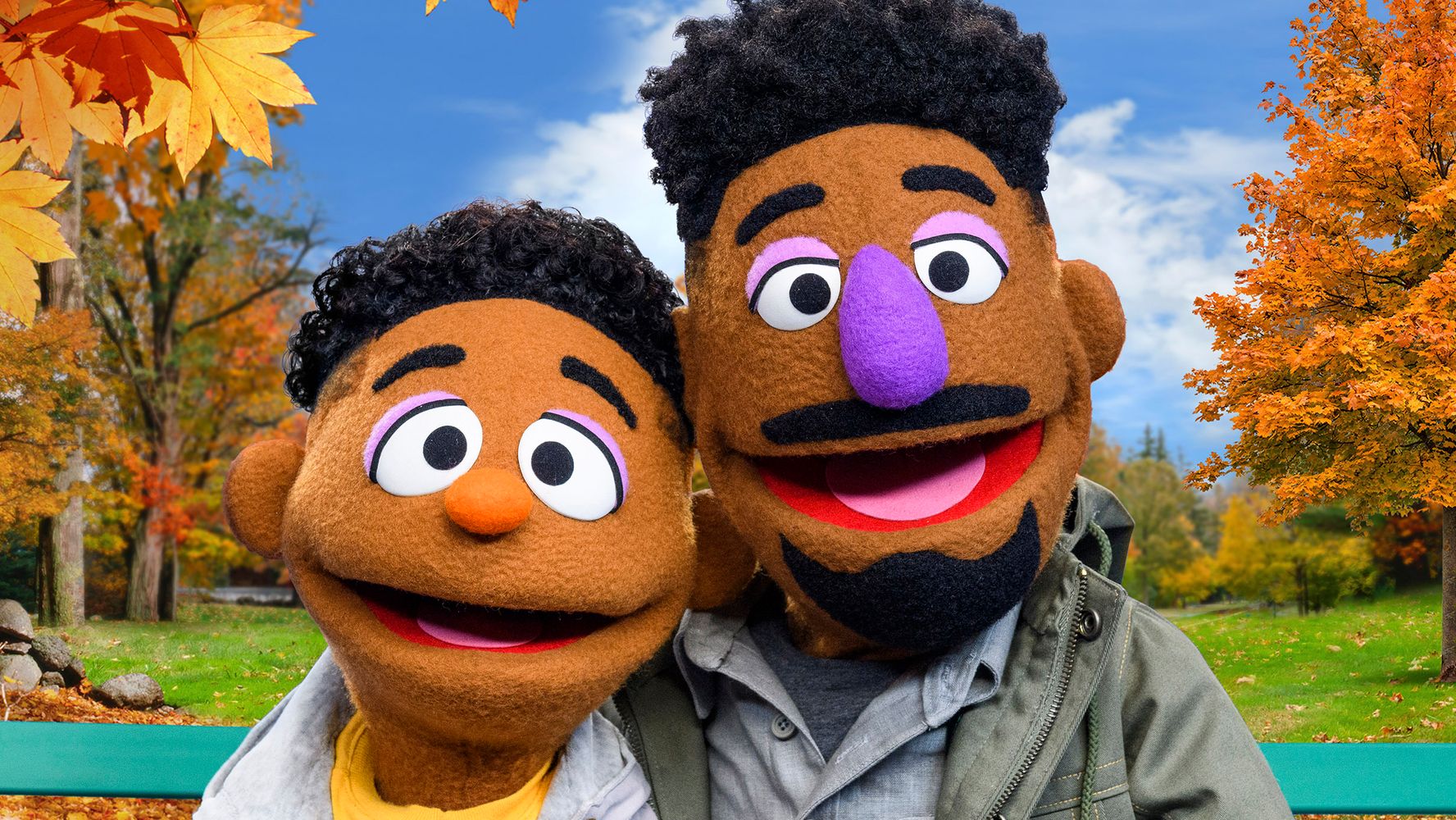Sesame Street Tackles Race and Racism Head On
In 1969 a new television program entered our living rooms that became the gold standard for children’s educational programming as Sesame Street debuted. The show not only educated children but also went on to address some of the more difficult topics that families often struggled to talk with their children about, such as when a beloved character passed away and they addressed death and grief. What made Sesame Street so iconic was that it always understood the zeitgeist of the times, and pushed for inclusiveness and diversity in their characters. Whether it was bringing in characters who were autistic, or having a Muppet whose mother struggled with addiction, there was never a topic that the Sesame Workshop shied away from.
Now going into their 52nd season, the show continues to break ground as they are now discussing race relations with two new Black Muppets. Based on a recent study by the Sesame Workshop and the social-research organization NORC at the University of Chicago, it was discovered that many parents never discussed race or ethnicity with their children. This prompted the Workshop to create characters who could do just that.
This isn’t the first time the show has introduced Black Muppets before. In 1970 they had a character named Roosevelt Franklin, but due to a perception that Franklin enforced negative stereotypes, he was removed. The South African version Takalani Sesame introduced a character named Kami in 2002 to discuss the stigma of HIV/AIDS. Also in 2010, there was the introduction of Gabrielle, who had one of the first viral moments with the song “I Love My Hair..”
While there were other Muppets introduced that dealt with issues that impacted the Black community (Lily with homelessness and Alex, whose father was incarcerated) for the first time the show is addressing racism with the introduction of Elijah Walker and his son Wesley. This came as a result of the string of tragedies that occurred throughout last year, as racial tensions were at a fevered pitch not seen since the late 1960’s with the death of George Floyd, Breonna Taylor, Ahmaud Aubrey, and so on. Below is a clip from the video where Elmo’s dad talks to him about racial protests.
Starting in late 2021 the show will be introducing the ABCs of Racial Literacy to teach children about race. In addition, the organization will be looking to create content that focuses on racial injustice for children.



